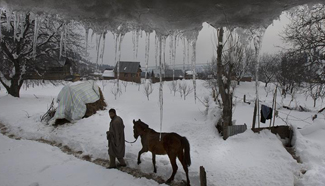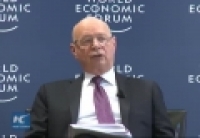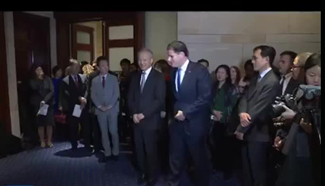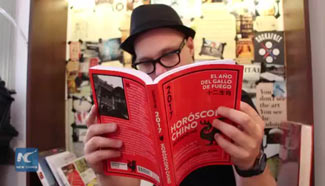by Juan Manuel Nieves
BUENOS AIRES, Jan. 14 (Xinhua) -- Ties between U.S. and Argentina are entering an uncertain phase with President-elect Donald Trump's entry into the White House.
Bilateral relations thawed in early 2016 as President Barack Obama visited Buenos Aires. But Argentinean economist, Maria Cecilia Peralta, believes that with Trump, "Argentina can expect greater restrictions on financial contributions and more protectionism."
According to Peralta, "there will be protectionist measures" which will hurt Argentinean exports.
The uncertainty about what measures Trump may take after his inauguration on Jan. 20 clashes with President Mauricio Macri's intention to bring Argentina "back to the world."
Estanislao Zawels, the director for Asia and Oceania at Argentina's Ministry of Foreign Affairs, told Xinhua that during 2016, Argentina "had taken action to reposition itself as a relevant member of the international community."
In this context, Obama's visit in March served to thaw ties that had been frozen in the last two Argentine leaders' tenure.
Buenos Aires kept its distance from the United States for 12 years during the governments of Nestor Kirchner (2003-2007) and Cristina Fernandez de Kirchner (2007-2015).
Historian Leandro Morgenfeld said that "the economic retreat that Trump is advocating unstables leaders who had explicitly sided with Clinton," he added.
Last year, during the U.S. presidential election, Macri supported Hillary Clinton but reacted after Trump's win, saying that "the entire world is surprised. The polls once again failed, as they gave her (Clinton) as a winner."
In a call with Macri after his win, Trump said that Argentina was a great country and promised a closer relationship than ever.
However, in recent years, the U.S. has become less important to the Argentinean economy, going from claiming 14 percent of exports in 2002 to 9 percent in 2015.
Dante Sica, founder of the ABECEB economic consultancy, told Xinhua that the new U.S. government "has a critical view of free trade in general," and "this potentially endangers one of our country's main export markets."
The specialist added that Trump could threaten certain recent advances, such as the exports of meat and lemons from Argentina, and to evaluate Argentina's inclusion into the U.S. Generalized System of Preferences (GSP).
International legal expert, Paola de Simone, summed up the situation and said "It remains to be known if, with Trump, the direction of ties will continue toward a thaw or will return to the cold.
"Should the relationship grow distant, the responsibility will not be on Argentina, but on American isolationism," the expert warned.














